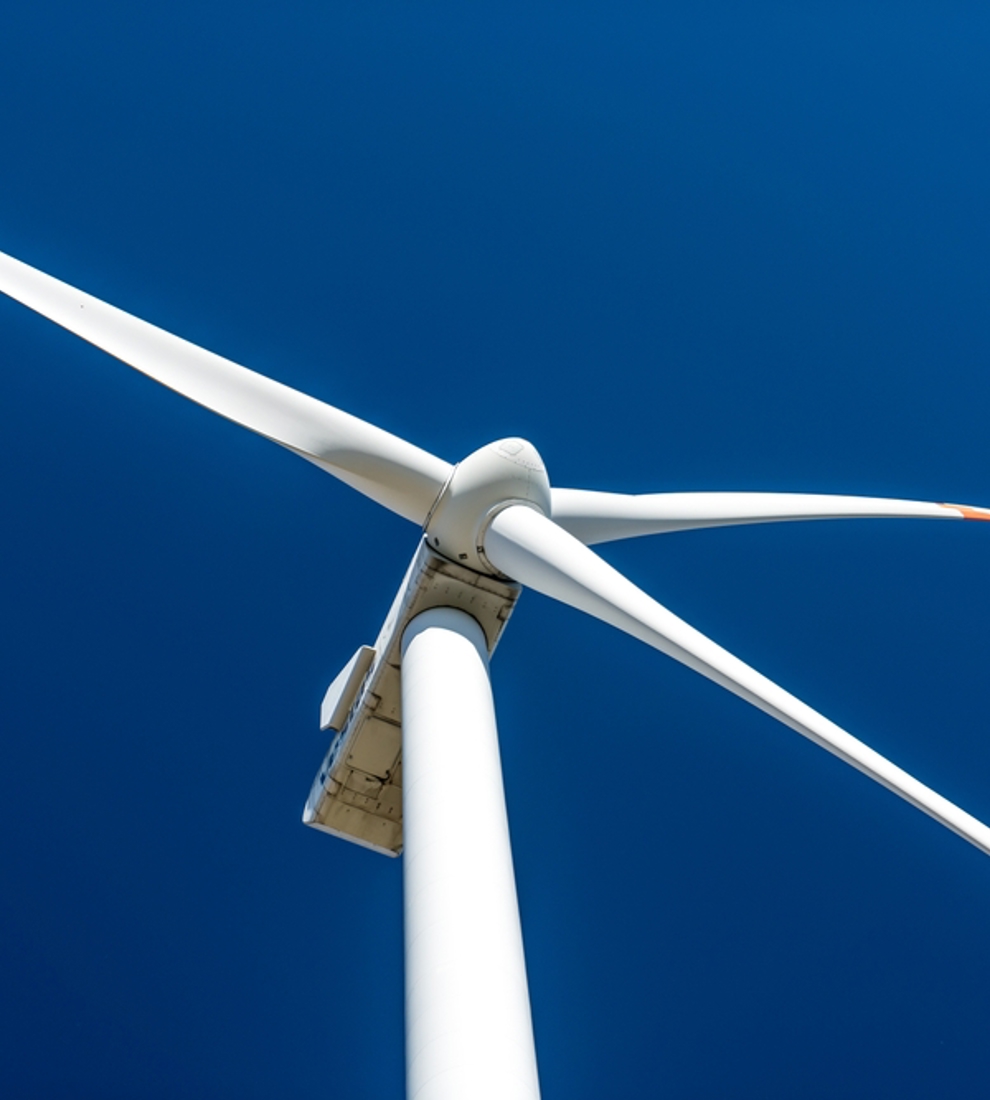While capping gas prices may appear appealing to policymakers in the midst of the current energy crisis, this would come with substantial risks.
The European Commission has proposed to implement a “gas market correction mechanism”, which would cap near-term wholesale gas prices at Europe’s most liquid gas hub, TTF, in the Netherlands. We discuss this proposal in our paper, and highlight the potential risks that it entails for security of supply and market functioning.
Fundamental risks of price caps: inhibiting the role of price signals in matching supply and demand
There are some fundamental risks of wholesale price caps, that also apply to the latest Commission proposal:
- If the price cap is binding, LNG exports may be diverted to regions outside of Europe, thus exacerbating the already strained gas supply situation in Europe.
- A price cap reduces incentives for consumers to reduce gas demand – which has actually been quite effective in recent months and weeks.
- Price caps would therefore increase reliance on inefficient and complex administrative mechanisms to match supply and demand.
Specific challenges and open questions of the Commission’s proposal
While the precise design of the cap (including its level) is still unclear, it may have unintended negative consequences, including:
- Diverting trading volumes away from exchange platforms (which would be subject to the cap) towards over-the-counter markets.
- Reducing liquidity in longer-dated forward products, thus impairing the ability of market participants to manage commercial risks.
So, what to do instead?
We highlight a number of other steps that can be taken to mitigate the impacts of the current crisis, including strengthening signals to incentivise efficient gas use, working with international partners to boost supply, stepping up decarbonisation efforts and, in case required, providing relief to customers directly through “lump-sum” transfers, keeping them exposed to price signals.
Deeper look required
The proposal will be discussed by EU energy ministers on 24 November, with a decision expected to be made by EU leaders at their European Council meeting on 15 December. It will be important that the design and impacts of the proposal are assessed in more detail to minimise the risk of unintended negative consequences. Click the link below to read our study in full.
Frontier regularly advices around policy measures such as price caps. For further information please contact media@frontier-economics.com or call +44 (0) 20 7031 7000.










